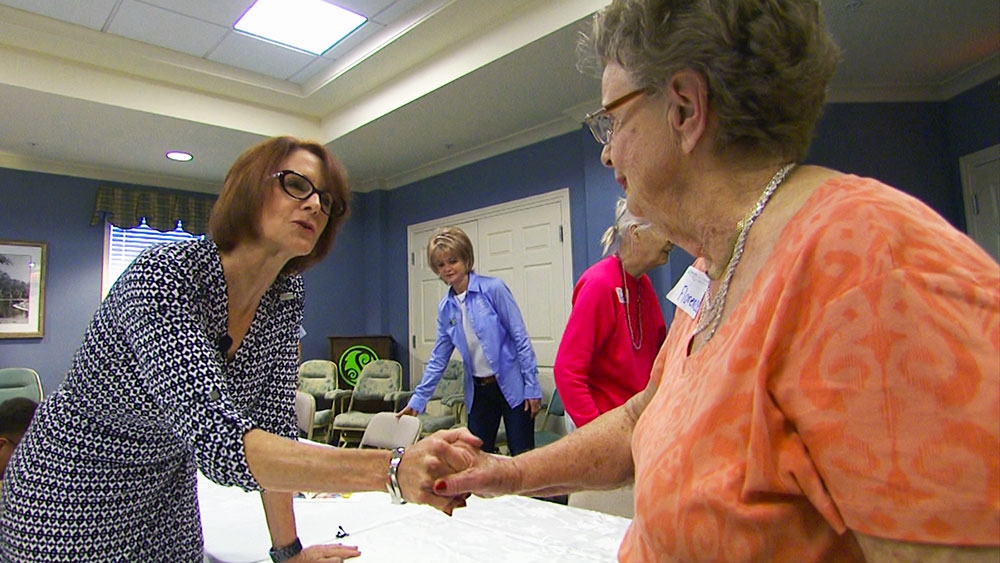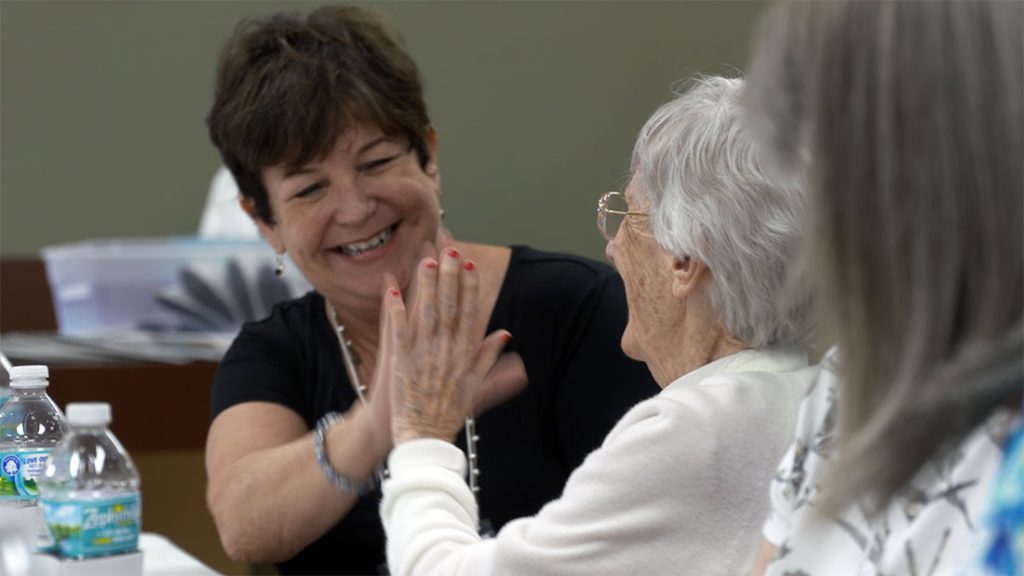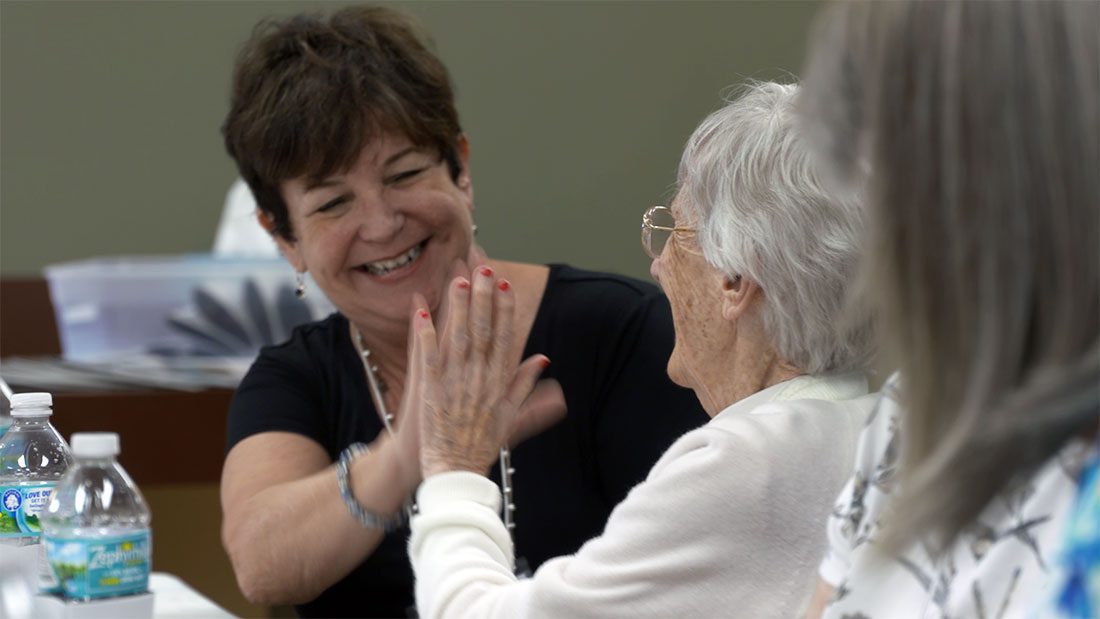 This post is sponsored by our partners at The Conversation Project, dedicated to helping people talk about their wishes for end-of-life care. Click here to get your Starter Kit today.
This post is sponsored by our partners at The Conversation Project, dedicated to helping people talk about their wishes for end-of-life care. Click here to get your Starter Kit today.
You probably already know that you should be having conversations with your family not only about their wishes for medical and end-of-life care, but about your own. You may have even had some vague discussions with your loved ones about stories in the news, or shared sad head shakes when someone else close to you has faced disease or or a medical issue.
But how confident are you that if something happens, those wishes will be carried out? Do you have them documented somewhere so that in the chaos and grief that comes when we are sick or in declining health, those wishes don’t get lost or ignored?
It’s always too soon until it’s too late.
- 90% of people say that talking with their loved ones about end-of-life care is important. 27% have actually done so. (source: The Conversation Project National Survey (2013))
- 60% of people say that making sure their family is not burdened by tough decisions is extremely important. 56% have not communicated their end-of life wishes.
- 82% of people say it’s important to put their wishes in writing. 23% have actually done it. (source: Survey of Californians by the California HealthCare Foundation (2012))
November is a great month to move forward with those discussions, especially as we mark National Alzheimer’s Disease Awareness Month. More than 5 million Americans suffer from the disease, and despite ongoing advances in research and treatment, the disease robs patients of their memories and their abilities to advocate for themselves in the longterm. And often, symptoms have set in long before an official diagnosis.
If a loved one is battling Alzheimer’s disease or dementia, The Conversation Project’s Starter Kit and the special kit for families and loved ones of people with Alzheimer’s disease or other forms of dementia can help acknowledge and honor their wishes, and empower them to feel loved and taken care of.
The starter kit will help you a 4-step conversation, including prompting questions and statements like:
- Now finish this sentence: What matters to me at the end of life is… (For example, being able to recognize my children; being in the hospital with excellent nursing care; being able to say goodbye to the ones I love.)
- When it comes to sharing information, on a scale of 1-5, with 1 being “I don’t want my loved ones to know everything about my health” and 5 being “I am comfortable with those close to me knowing everything about my health,” where do you stand?
- What do you feel are the three most important things that you want your friends, family, and/or doctors to understand about your wishes and preferences for end-of-life care?
And while it may help you and your loved ones shape your medical directives, these tools are designed to help you start the conversation and use those results to more officially move forward with written plans.
⇒ Click here see more resources and tools at TheConversationProject.org. ⇐
In the meantime, Growing Bolder is all about hope, inspiration and possibility, and we truly believe that that extends to these conversations as well. Planning and advocating for end-of-life wishes isn’t morbid and it doesn’t have to be sad. And if you or a loved one is battling Alzheimer’s or dementia, there is inspiration everywhere.

Molly Middleton Meyer’s poetry facilitations through Mind’s Eye Poetry are unlocking some incredible stories from people who aren’t otherwise able to communicate. She lost both parents to Alzheimer’s and now her groundbreaking work is bringing hope, peace and happiness to patients and their families. “We can’t bring them back but we can go with them,” she says.

Celebrities including Marilu Henner, Dr. Neal Barnard and Ray Flynn are speaking out about their work, and telling Growing Bolder why they’re so passionate about their work.

Organizations like the Brain Fitness Club are taking away the stigma that often comes with memory loss and dementia, and giving patients new ways to express themselves and remain vibrant, engaged and active for as long as possible.
Don’t wait to ask someone what their wishes are. Be proactive to honor them and also, to give yourself the peace of mind that when the time comes, you will be able to respect their plans and carry them out without confusion.

